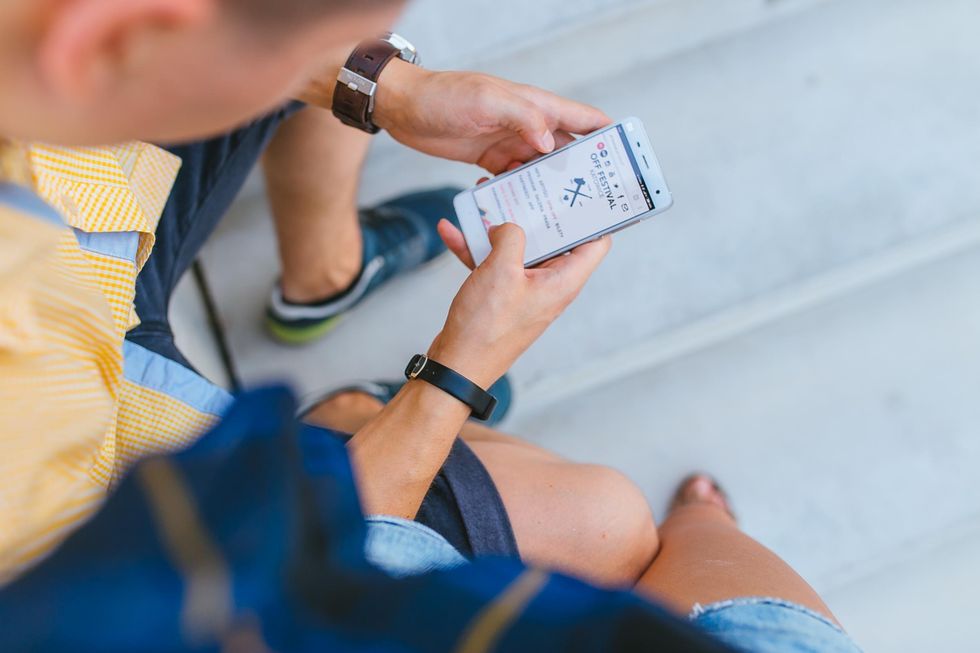
Yahoo has announced that more than one billion of their accounts were hacked in 2013.
This is the second major reported data breach for the tech company after they announced the theft of information from 500 million accounts back in September.
So as we get to grips with the fact that even the big tech companies are struggling to keep their data safe, it’s probably a good time to have a look at your own security online.
1. Don’t overshare on social media
Share all the photos of food you like, but make sure you don’t publish your birthday, mother’s maiden name, pet’s name, or any other information that might identify you. Most people are clever enough to avoid using this information as passwords... But you'd be surprised at how often they are used in password reset forms.

2. Stay up to date
Make sure your anti-virus software is always up-to-date. Don't forget to install software updates for your web broswers, Adobe Flash and operating system as soon as they become available. This is because updated versions iron out any known weaknesses that hackers could benefit from.
3. Create strong passwords
Make sure all your passwords are difficult to guess and include a variety of characters, such as @, !, and * - “password123” is really not allowed. The more random the better, but make sure you can still remember it.
For those of you who want extra help remembering passwords or generating complex ones, 1Password is a nifty little tool.
4. Use your common sense
If an offer pops up and tells you you’ve won something – you haven’t. If you’re asked to hand over your bank information for anything other than your online banking account – don’t.

5. Put a pin on your phone
Leaving your phone vulnerable to thieves could put you at massive risk online. We use our phones for everything, including storing passwords to everything else.
Any problems can be solved by putting a pin on your phone. And again, make sure it's not an obvious one.
6. Stick to what you know
Don't open an email if the subject sounds weird or the sender is unfamiliar. And if you do - definitely don't open any attachments.
7. Check those URLs
Hackers often make websites to look like your banking or social media accounts.
The way to beat this? Always look for that all important padlock next to a URL you trust. Just because something looks like your bank... Doesn't mean it is.
More: Man gives internet safety talk to students, accidentally broadcasts porn
More: A list of everyone who can see your entire internet browsing history













